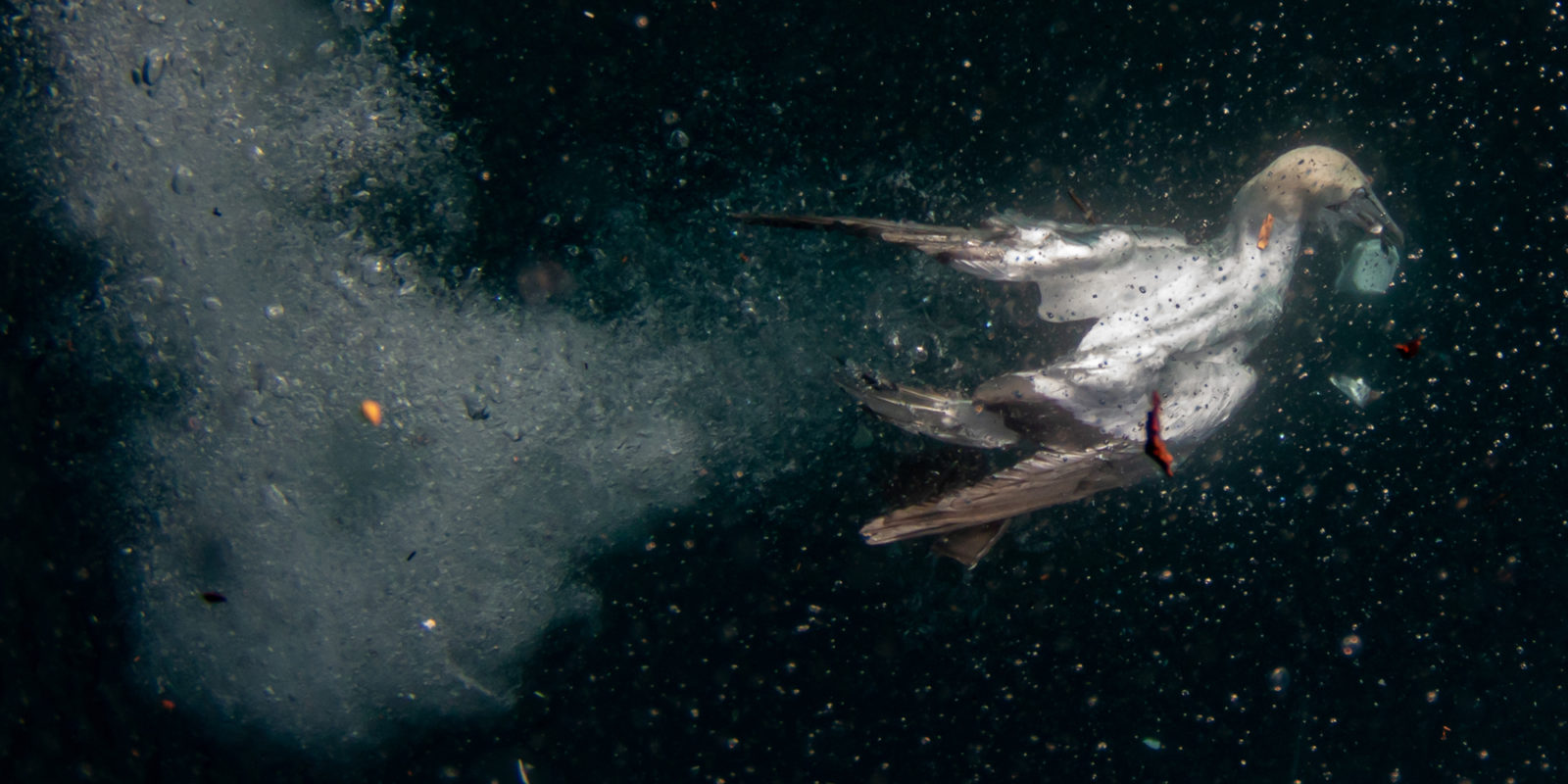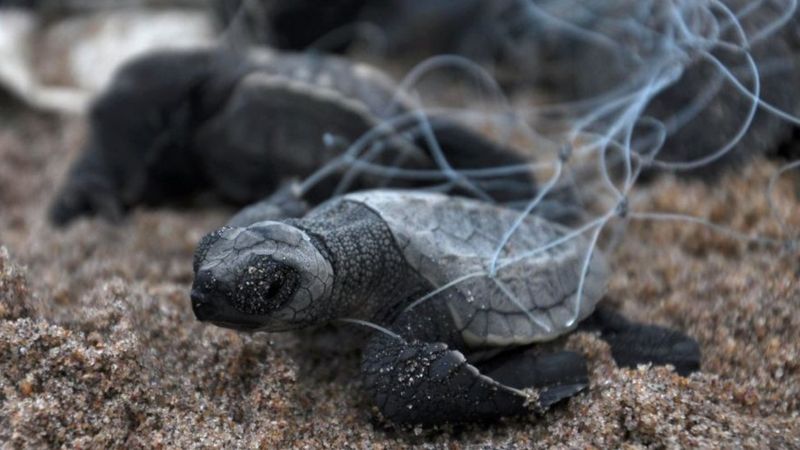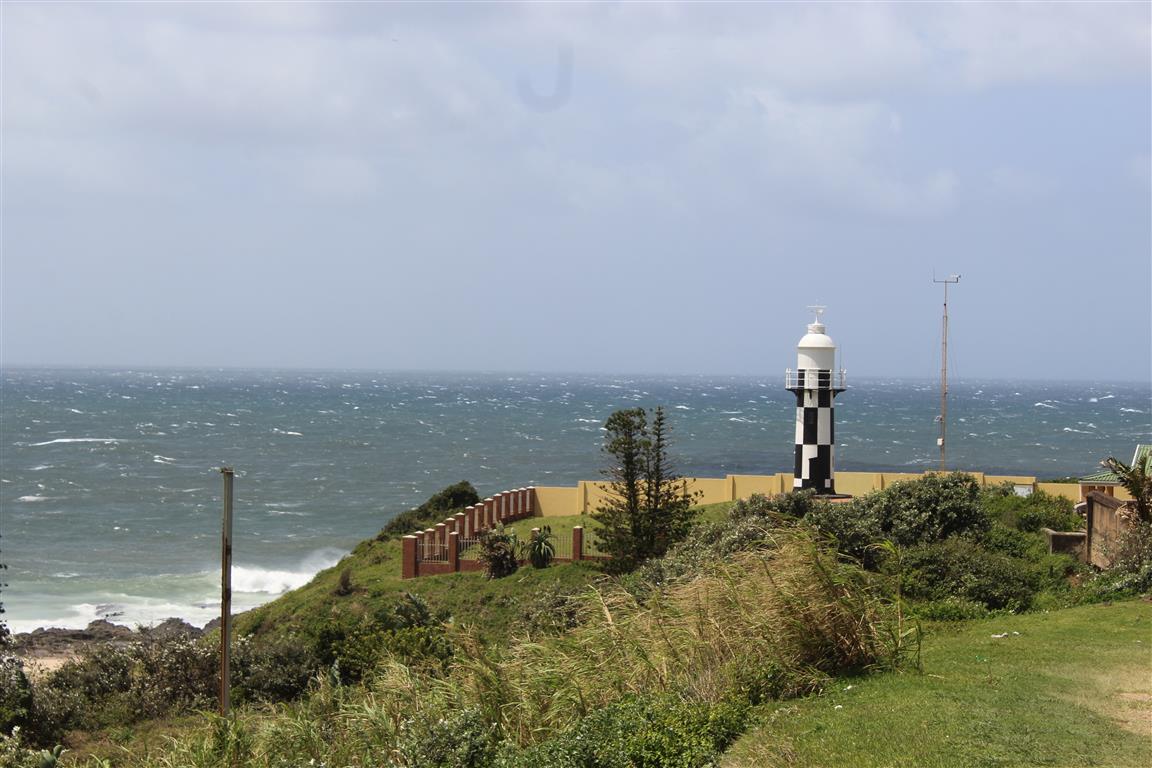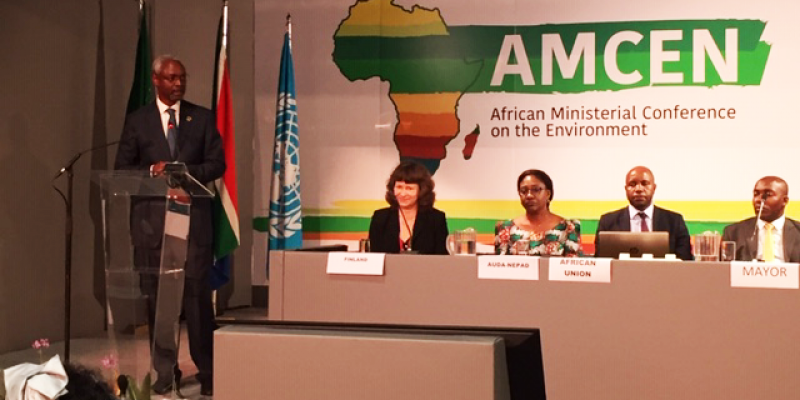The limited shark presence on a recent ‘crazy, wild’ Indian ocean adventure is a great worry.
More than 640,000 tonnes of nets, lines, pots and traps used in commercial fishing are dumped and discarded in the sea every year, according to the United Nations (UN). That's roughly the same weight as 55,000 double-decker buses. All of the equipment left in the water is known as "ghost gear" because it's been abandoned.
Artists collect and clean washed-up flip-flops, then shape and carve the material into pieces of art. The proceeds provide steady income for about 130 Kenyan residents and go to beach cleanups, vocational/educational programs and conservation efforts.
A cluster of companies based in and around Lofoten, Norway won a national competition. The Marine Recycling Center argues that it can develop a brand new industry: Making money from cleaning up marine plastic pollution.
The conservancy urges all concerned citizens, environmental activists, conservancy organisations and fishermen to attend.
It is a great honor to be here today in beautiful Durban. Firstly, I would like to thank the South African government for their leadership in hosting the conference and for this distinguished gathering representing the environmental powerhouse of our region.
- Cape Town’s OceanHub seeks entrepreneurial solution to ocean crisis
- The Ocean Cleanup expands to polluted rivers
- Ocean-Cleaning Tool Recovers Plastic, Shows Impact of Pollution on Sea
- Search is on for 21st century innovation that will help reduce and eliminate plastic waste
- 'Ghost' fishing gear: The rubbish haunting ocean wildlife






